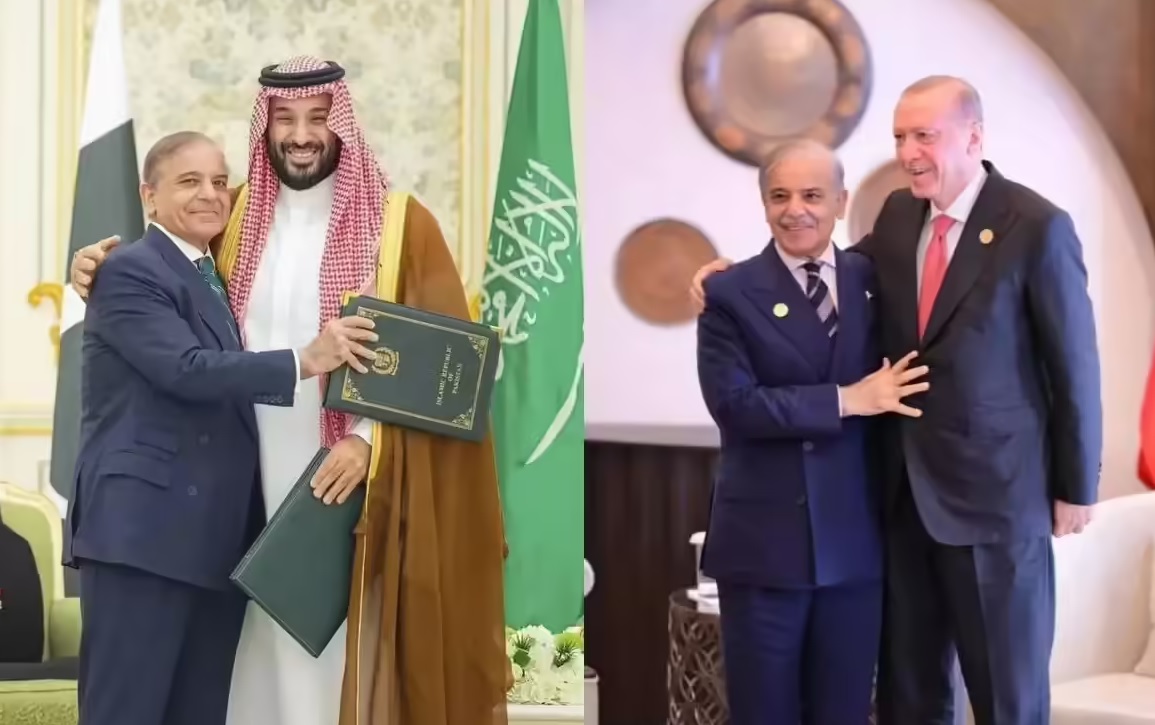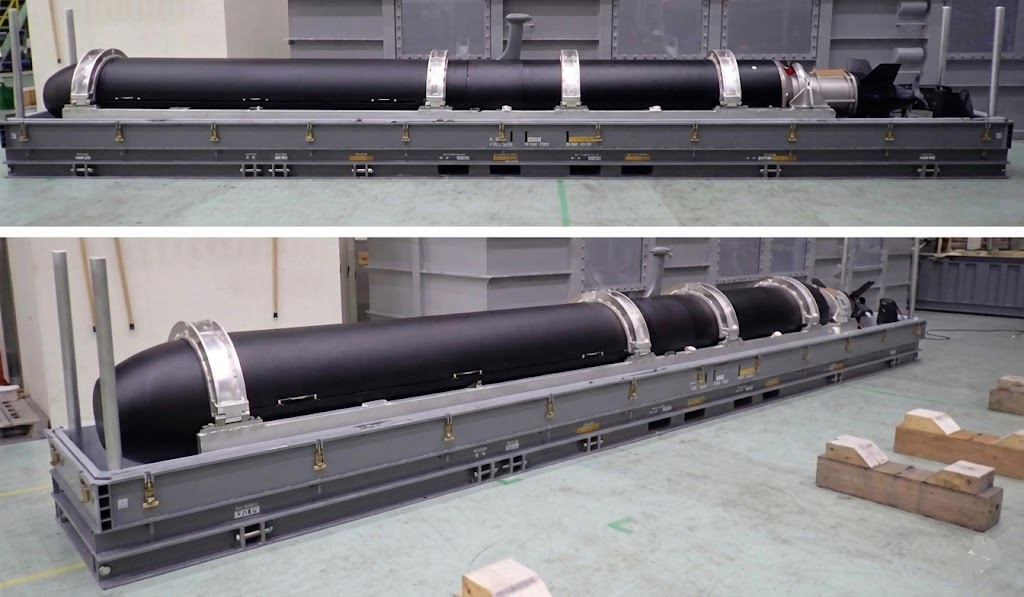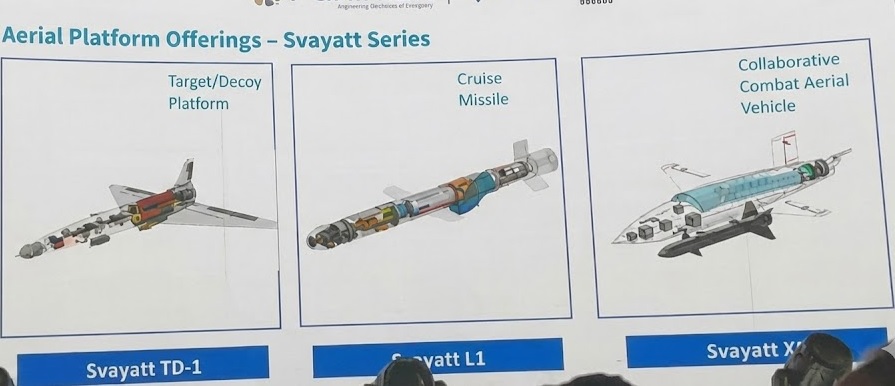UK Signs £350 Million Lightweight Multirole Missiles Supply Deal with India

Britain has signed a £350 million ($468 million) contract to supply the Indian Army with UK-manufactured Lightweight Multirole Missiles (LMM), marking a major step in the growing defence cooperation between the two nations. The announcement coincided with British Prime Minister Keir Starmer’s visit to Mumbai, where he met Indian Prime Minister Narendra Modi to discuss trade, defence, and technology partnerships.
Strengthening Defence and Industrial Ties
According to the UK government, the agreement will secure around 700 jobs at the Thales facility in Belfast, Northern Ireland, where the same missile system is currently produced for Ukraine. The deal forms part of a wider framework aimed at expanding defence industrial collaboration between India and the United Kingdom.
Officials said the new contract “paves the way for a broader complex weapons partnership between the UK and India,” which remains under negotiation. This initiative aligns with Britain’s strategy to boost its domestic defence manufacturing and expand export opportunities, while India continues to diversify its military procurement under the Make in India and Atmanirbhar Bharat (self-reliance) initiatives.
About the Lightweight Multirole Missile (LMM)
The Lightweight Multirole Missile, also known as Martlet, is a precision-guided, short-range air-to-surface and surface-to-surface weapon designed by Thales. Weighing approximately 13 kilograms with a range of up to 8 kilometers, it can be launched from helicopters, drones, ground vehicles, or naval platforms.
The missile uses a laser guidance system and a high-explosive fragmentation warhead, making it suitable for engaging a variety of targets, including light armored vehicles, fast attack craft, and UAVs. The LMM’s versatility and lightweight design allow for rapid deployment across different combat environments, enhancing the Indian Army’s capability for both land and coastal operations.
Expanding Strategic Cooperation
In addition to the missile agreement, the UK government announced progress on another significant project — a joint development of electric-powered naval engines. The next phase of this collaboration, valued at £250 million, focuses on developing cleaner and more efficient propulsion systems for future Indian naval vessels.
This defence-industrial cooperation builds upon a broader trade and technology relationship between London and New Delhi, supported by an evolving trade deal that aims to increase bilateral investments and supply-chain integration.
Broader Strategic Context
Prime Minister Starmer has emphasized defence exports as a key component of Britain’s economic growth strategy, pledging to align military spending with NATO targets and secure long-term industrial partnerships. For India, such agreements contribute to its ongoing effort to modernize the armed forces with advanced, multi-origin technologies while promoting local manufacturing participation.
The latest agreements underscore a deepening UK–India defence and industrial partnership, combining British expertise in precision weapon systems with India’s growing demand for advanced and reliable defence equipment.
About the Author
Aditya Kumar:
Defense & Geopolitics Analyst
Aditya Kumar tracks military developments in South Asia, specializing in Indian missile technology and naval strategy.






